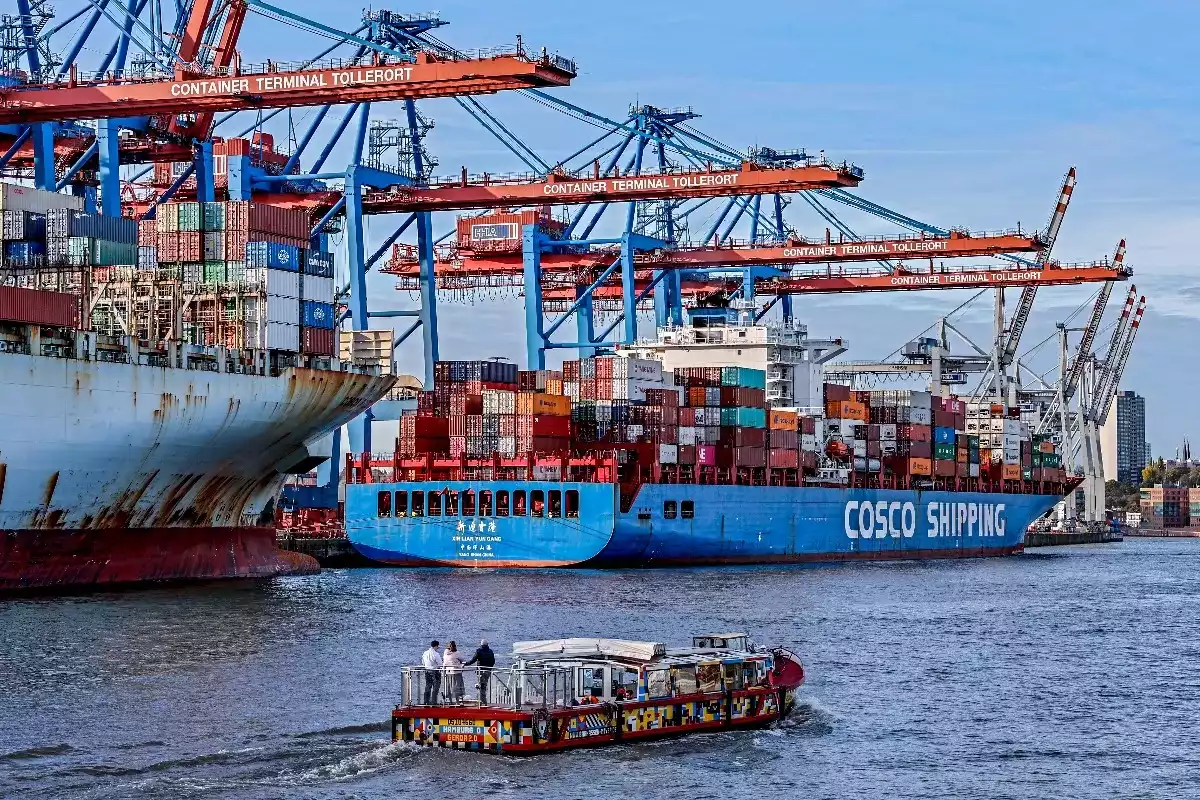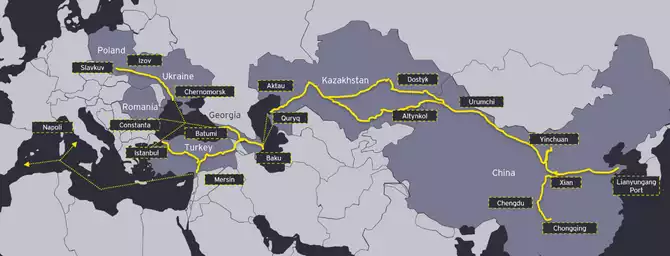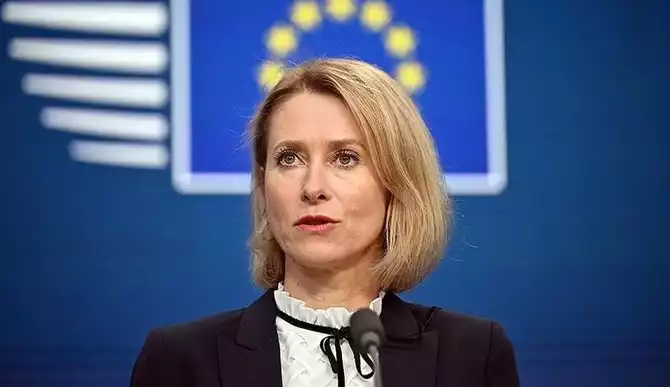
Photo credit: eurasiamagazine.com
One of the key geopolitical events of last week was the 20th Meeting of Foreign Ministers of the Central Asian countries and the European Union, held in Ashgabat. The EU was represented by its High Representative for Foreign Affairs and Security Policy and Vice President of the European Commission, Kaja Kallas.
The meeting culminated in the adoption of a Joint Communiqué, reaffirming the political will of all parties to strengthen their comprehensive partnership based on shared values and mutual interests, as outlined in the 2023 “Joint Roadmap for Deepening Ties Between the EU and Central Asia.”
The document highlights the "substantial progress" achieved across all five priority areas of the Roadmap: interregional political dialogue and cooperation; enhanced trade, investment, and economic links; collaboration in energy, climate-neutral economy, and connectivity; addressing shared security challenges; and promoting people-to-people contacts and mobility.
The Communiqué also called for “the swift achievement of a comprehensive, just and lasting peace in Ukraine in line with the principles of the UN Charter,” and reaffirmed the commitment of all signatories to refrain from the threat or use of force in international relations, to uphold international humanitarian law, and to pursue peaceful conflict resolution.
At the same time, the document recorded that the EU had provided information on its adopted “restrictive measures,” emphasizing “the critical importance of preventing the circumvention of [anti-Russian] sanctions.” Participants agreed to continue cooperation on this matter in order to avoid the re-export of high-priority goods.
The meeting also welcomed the development of the Trans-Caspian International Transport Route (TITR, or the Middle Corridor), which enhances connectivity among Central Asian nations and contributes to regional cooperation and economic growth. Additionally, it emphasized the growing importance of critical raw materials (CRM) in EU-Central Asia relations.

Photo credit: ey.com
The Communiqué addressed the further development of inter-parliamentary ties between Central Asia and the EU, and welcomed the EU’s continued commitment to the stability and prosperity of Central Asia. This commitment is being advanced through the Global Gateway strategy, which promotes sustainable connectivity in areas such as trade, transport, water, energy, climate change, digitalization, critical raw materials, and people-to-people exchanges - including in education, research, and sustainable tourism. Financial support at multilateral, bilateral, and regional levels; the Team Europe initiative (focused on digital connectivity); international nuclear safety cooperation; and the involvement of EU member states and European financial institutions were also highlighted.
The Communiqué called for ongoing regional cooperation on water issues and recognized the EU’s strong support for regional water collaboration, including reforms to the International Fund for Saving the Aral Sea (IFAS).
Significantly, the document devoted considerable attention to Afghanistan. The signatories underscored the importance of a “peaceful and inclusive political process involving all political, ethnic, and religious groups, including the participation of women” as key to long-term stability in the country. They called for full and equal access for Afghan women and girls to education in line with international standards and to public life - including humanitarian work - while also stressing the importance of cross-border trade in stabilizing Afghanistan’s socio-economic situation and enabling targeted assistance to its population.

Kaja Kallas. Photo: aa.com.tr
In light of these developments, it is important to highlight that in her address at the summit, Kaja Kallas placed particular emphasis on the enforcement of anti-Russian sanctions. She noted that the EU had already adopted 16 sanctions packages aimed at undermining Russia’s military capabilities and was working on a 17th. While acknowledging that these measures may have negative repercussions for Central Asian economies, she was unequivocal in stating that Central Asian nations must not assist Russian companies in evading sanctions. Kallas justified this position by citing shifts in global trade patterns linked to geopolitical events and pointed to a notable increase - at least twofold - in cargo transit across the Caspian Sea.
She also stressed that the Trans-Caspian route is not only a vital trade artery but also a strategic project that deepens economic ties between Central Asia and the EU. According to Kallas, European and international financial institutions are prepared to invest over €10 billion in the development of this corridor.
Many analysts view Kallas’s remarks on sanctions compliance and the Middle Corridor as central to her participation in the 20th EU-Central Asia Ministerial Meeting. While topics such as the Global Gateway strategy, the Team Europe project, and the situation in Afghanistan were also prominent, the issue of potential sanctions evasion through Central Asian routes emerged as a key theme in her message.
All of these topics are expected to be further addressed at the upcoming First EU-Central Asia Summit of Heads of State, scheduled to take place in Samarkand in April 2025.
Share on social media